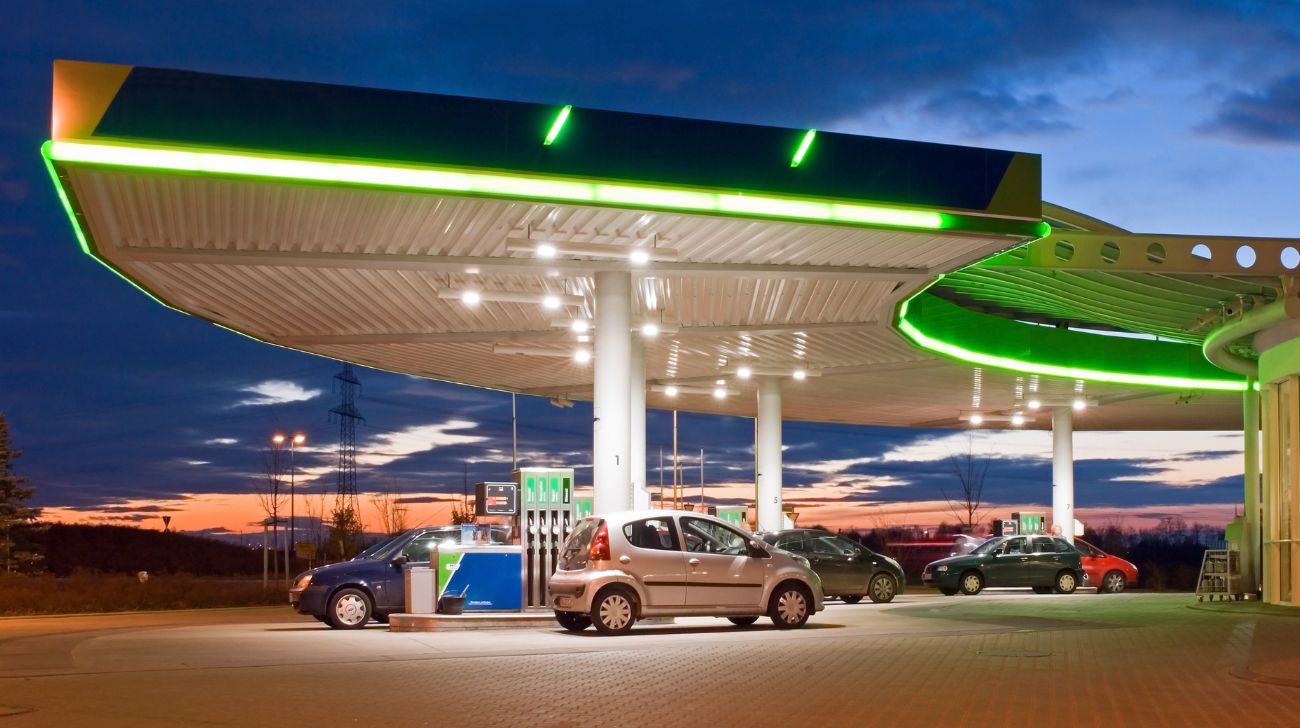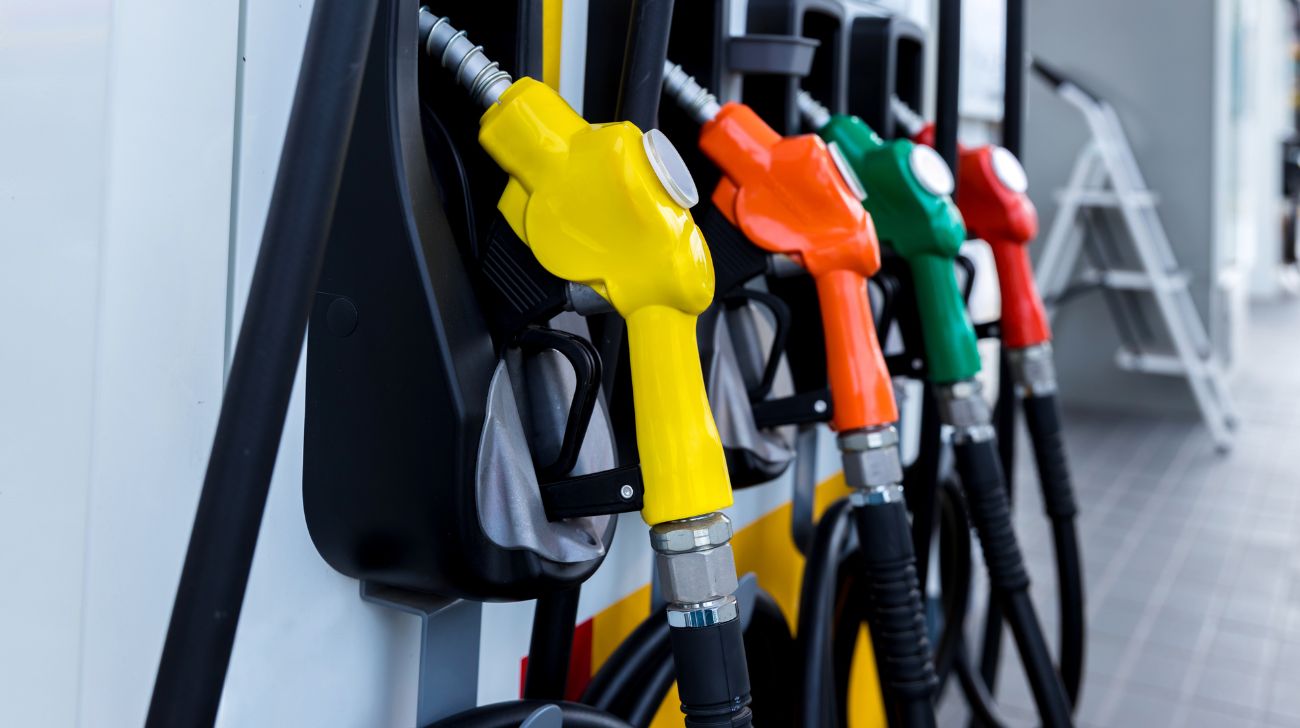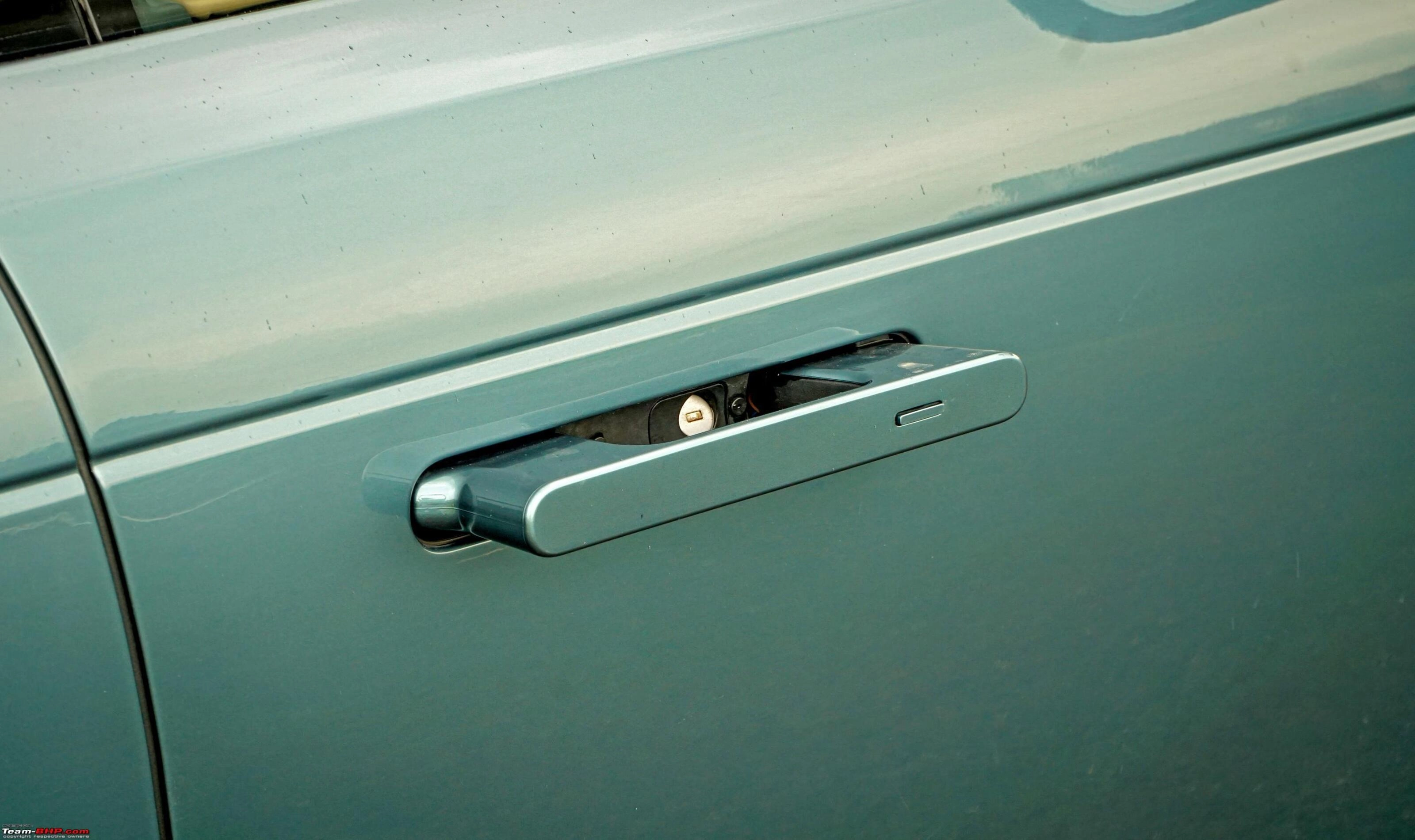If you’ve recently bought a new vehicle, chances are it’s E20-ready. That’s because petrol in India now contains 20% ethanol—something the government originally planned to roll out by 2030. But thanks to accelerated efforts, this target was hit five years early. As of April 2025, every petrol station across the country is pumping E20, and now the focus has shifted to hitting E30 by 2030.
Impact of E30 on Vehicles
Ethanol blending affects the engine in multiple ways, and vehicles' longevity will be affected if they are not compliant with E30 petrol. Here are some ways in which the vehicles will be affected:
-
Ethanol has roughly 33 per cent less energy per unit volume than petrol, affecting the fuel efficiency of 7-10 per cent of vehicles not optimised for ethanol-blended petrol.
-
Vehicles may experience reduced acceleration and power output due to the low energy content of ethanol.
-
Ethanol is corrosive and absorbs water. Long-term use can cause rusting in fuel lines, injectors, and tanks.
-
Ethanol vaporises at a higher temperature than petrol, which could become a big problem in a country like India. It also makes cold starts more difficult in lower temperatures.
Environmental Impact
Ethanol burns cleaner than petrol. E30 emits 10-20 per cent less CO2 and hydrocarbons than pure petrol. Ethanol is a renewable product from crops that can be replanted annually. However, ethanol blending is not a saviour; it reduces carbon emissions. Ethanol also has negative impacts on the environment, such as:
-
Large-scale deforestation for ethanol production crops like corn or sugarcane. These crops also require vast land and tons of water for their growth.
-
Ethanol combustion produces formaldehyde and acetaldehyde, which are respiratory irritants and are classified as hazardous air pollutants.
Also Read New EV Policy to Reduce Import Duty from 110% to 15%
Conclusion
Most vehicles on the road today are not compatible with E30 fuel, which could negatively impact their longevity. For long-term sustainability, transitioning to electric vehicles may be a better option for new buyers. Meanwhile, automotive enthusiasts might consider flex-fuel vehicles capable of handling up to E85.




.webp)

.jpg)